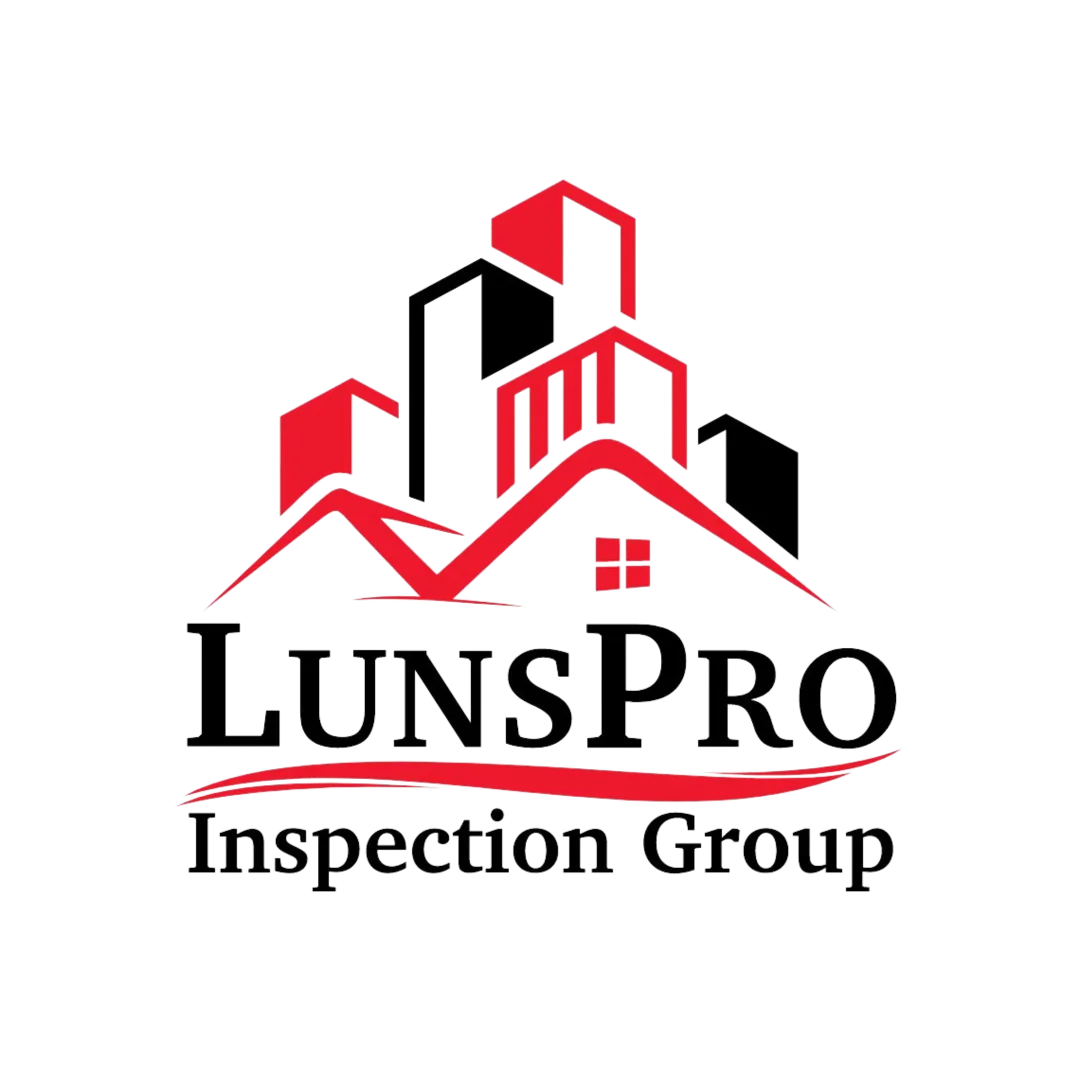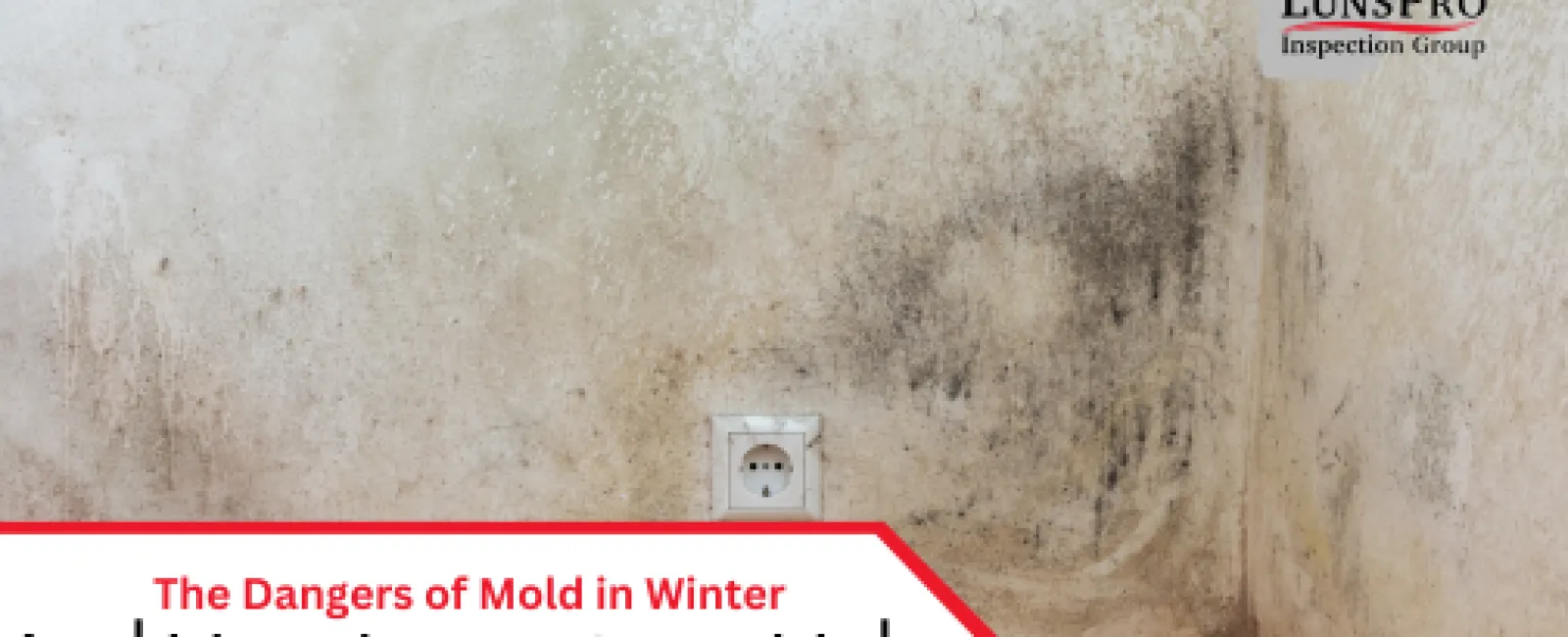Winter may seem like an unlikely season for mold growth, but it can actually be one of the most problematic times of the year for homeowners and commercial property owners. Many people associate mold with warm, humid summer months, but mold thrives in damp, enclosed spaces—conditions that can easily develop inside homes during winter. As homes and buildings are sealed tightly to keep out the cold, moisture can accumulate in attics, basements, crawl spaces, and even inside walls, creating the perfect environment for mold to flourish.
Mold is more than just an unsightly nuisance; it poses serious health risks and can cause significant damage to a property. If left untreated, mold can contribute to respiratory issues, allergic reactions, and structural deterioration, leading to costly repairs. In regions like Charlotte, Greensboro, and Raleigh, where winters can bring fluctuating temperatures and occasional moisture buildup, mold problems are common. For homeowners and business owners in North Carolina, home inspections are an essential tool for detecting and preventing mold-related issues before they escalate.
This article will explore the dangers of mold during winter, the signs to watch for, and how a professional inspection from LunsPro Inspection Group can help protect your property. Whether you live in the Triad or Triangle Areas, taking a proactive approach to mold prevention can save you from health concerns and costly remediation efforts down the road.
Why Mold is a Winter Concern
Increased Indoor Humidity
During the winter months, people tend to keep their homes tightly sealed to conserve heat. While this helps lower energy costs, it also traps moisture indoors. Activities such as cooking, showering, and even breathing release moisture into the air. Without proper ventilation, humidity levels can rise, creating an ideal breeding ground for mold.
Condensation Issues
Another common cause of mold growth in winter is condensation. When warm indoor air comes into contact with cold surfaces such as windows, exterior walls, and poorly insulated areas, condensation forms. This moisture provides the perfect conditions for mold spores to develop. Homes in Charlotte, Greensboro, and Raleigh are particularly susceptible to condensation-related mold issues due to fluctuating winter temperatures.
Poor Ventilation
Many homes and commercial properties in North Carolina struggle with inadequate ventilation, especially in winter. When air circulation is limited, damp areas remain wet for extended periods, allowing mold to grow. Bathrooms, basements, attics, and crawl spaces are especially prone to mold infestations during this season.
Hidden Leaks and Water Damage
Winter storms, ice dams, and freezing temperatures can cause pipes to burst, roofs to leak, and gutters to clog. These hidden water sources create damp environments where mold thrives. Even minor leaks that go unnoticed for weeks or months can lead to significant mold growth behind walls, under floors, and in insulation.
Health Risks Associated with Mold
Respiratory Problems
Mold exposure can trigger a variety of respiratory issues, particularly for those with asthma or preexisting lung conditions. Mold spores can be inhaled, leading to symptoms such as coughing, wheezing, shortness of breath, and chest tightness. In severe cases, prolonged mold exposure can cause chronic respiratory illness.
Allergic Reactions
Even individuals without respiratory conditions can develop allergic reactions to mold. Symptoms include sneezing, itchy or watery eyes, runny nose, and skin rashes. Mold allergies tend to worsen in winter when people spend more time indoors with poor air circulation.
Toxic Mold and Mycotoxins
Some types of mold, such as black mold (Stachybotrys chartarum), produce toxic compounds called mycotoxins. Exposure to mycotoxins can lead to serious health effects, including neurological symptoms, headaches, dizziness, and immune system suppression. While not all molds are toxic, it is difficult to determine mold species without a professional inspection.
How Home Inspections Help Detect and Prevent Mold
The Importance of a Professional Inspection
A professional home inspection is one of the most effective ways to identify and address mold issues before they become hazardous. LunsPro Inspection Group specializes in thorough evaluations of residential and commercial properties in Charlotte, Greensboro, and Raleigh, helping property owners uncover hidden mold problems that may not be visible to the naked eye.
Key Areas of Inspection
A comprehensive mold inspection typically includes the following:
Attic and Roof Checks - Inspectors assess insulation, ventilation, and roofing for leaks or moisture buildup.
Basement and Crawl Spaces - These areas are prone to moisture accumulation, and inspectors check for dampness, mold, and proper drainage.
HVAC Systems - Mold can grow in air ducts and filters, spreading spores throughout the home.
Plumbing and Water Damage - Inspectors look for leaks, condensation, and water-stained walls or ceilings.
Windows and Doors - Condensation buildup around windows and doors is a common entry point for mold.
Advanced Mold Testing
In some cases, inspectors use specialized tools such as moisture meters, infrared cameras, and air quality tests to detect mold that may not be visible. These advanced testing methods help identify mold growth in walls, ceilings, and HVAC systems.
Preventative Measures for Mold Control
Improve Ventilation
Proper airflow is crucial in preventing mold growth. Using exhaust fans in bathrooms and kitchens, keeping interior doors open, and occasionally allowing fresh air in can help maintain balanced humidity levels.
Control Indoor Humidity
A home's humidity level should be kept between 30-50% to discourage mold growth. Dehumidifiers can help regulate moisture levels, especially in basements and crawl spaces.
Fix Leaks Promptly
Whether it's a minor plumbing leak or a major roof problem, addressing water damage immediately can prevent mold from taking hold.
Insulate and Seal Cold Surfaces
Adding insulation to windows, pipes, and walls can prevent condensation from forming, reducing the likelihood of mold growth in winter.
Why Choose LunsPro Inspection Group?
LunsPro Inspection Group provides expert home inspections across North Carolina, including Charlotte, Greensboro, and Raleigh residential and commercial home inspections. With extensive experience in detecting mold, moisture intrusion, and structural issues, their inspectors help property owners in the Triad and Triangle Areas safeguard their homes against winter mold problems.
By choosing LunsPro Inspection Group, you gain access to highly trained professionals who use state-of-the-art technology to ensure your home is free from hidden mold hazards. Our comprehensive inspection reports provide detailed findings, along with recommendations for remediation and prevention.
Mold is a serious concern during the winter months, often thriving in sealed homes where moisture is trapped. The health risks associated with mold, including respiratory problems, allergic reactions, and toxic exposure, make it imperative for homeowners and business owners to stay vigilant. North Carolina home inspections play a crucial role in detecting mold issues early, ensuring properties remain safe and structurally sound.
By investing in a professional mold inspection from LunsPro Inspection Group, property owners in Charlotte, Greensboro, and Raleigh can take proactive steps to protect their homes and health. Mold remediation can be costly, but early detection through a thorough inspection can prevent extensive damage and expensive repairs.
Whether you own a home or commercial property in the Triad and Triangle Areas, don't wait until mold becomes a major problem. Schedule an inspection today and take control of your indoor air quality before winter mold wreaks havoc on your property. Protect your investment and your well-being with the help of LunsPro Inspection Group's expert inspection services.

